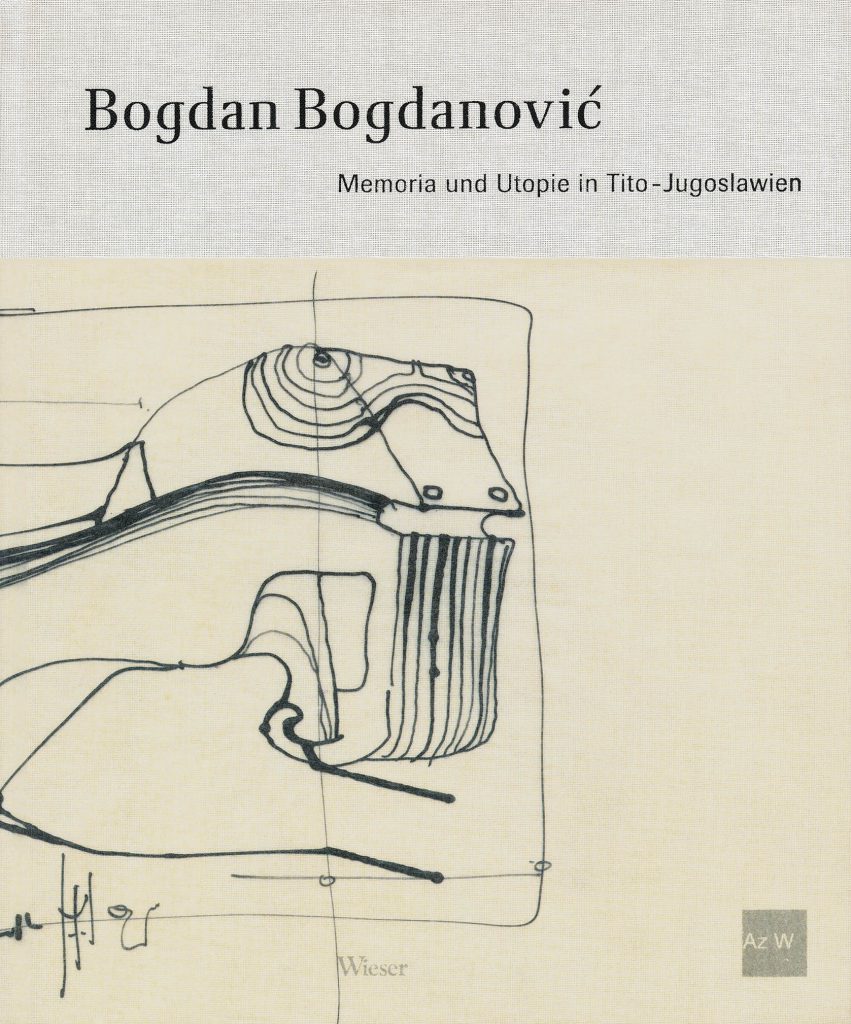
"The urbanologist, urban explorer and urban wanderer, architect, sculptor, ornamentalist and calligrapher, the graphic artist and "doodler," the mythologist, etymologist, storyteller and writer of high degrees, indeed the ex-Jacobin, ex-Trotskyist, perpetual gnostic and deist, the temporary politician, but an enormously political man for life, the surrealist repeat offender, flirtatious lateral thinker and philosopher and, last but not least, the great teacher without doctrine, who also plays his talents as a role. The phenomenon Bogdan Bogdanovic is indivisible and probably inaccessible to an analytical thinking in any form." (Friedrich Achleitner)




